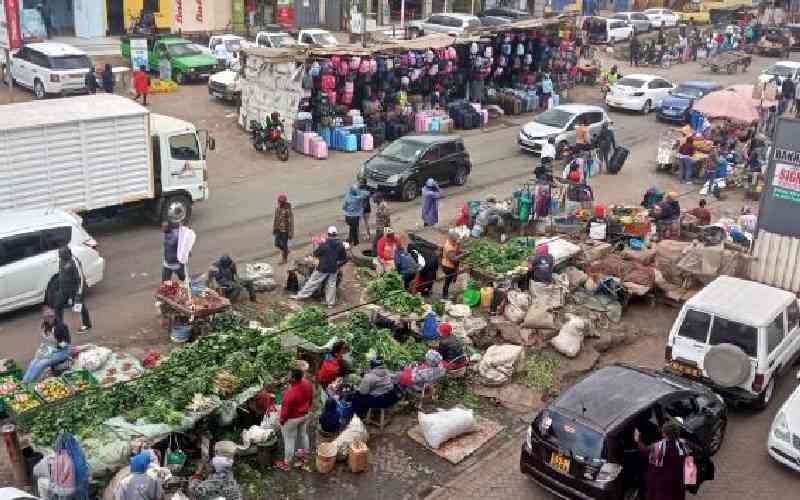×
The Standard e-Paper
Fearless, Trusted News

Nominated Senator Esther Okenyuri has sponsored a bill in the Senate seeking to provide a framework to regulate street vending across the country.
Okenyuri said small scale trade contributes significantly to the growth of trade in the country and that currently there is no legal framework governing street vending that has contributed to massive challenges within the sector.